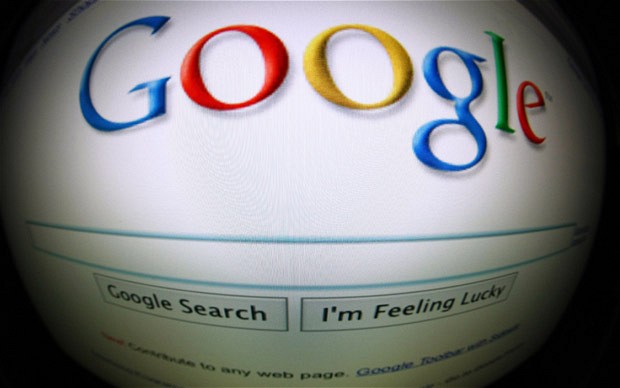By Dan Gillmore
It took almost no time after the beta launch of Google+, the search and advertising giant’s new social media experiment, before someone posted a web browser plug-in to help users scoop up their Facebook contacts and automatically invite them into the early adopters’ cool new playground. And it took little time after that before Facebook blocked this plug-in from working as designed on the grounds that it violated the site’s terms of service.
This tiff, a mini-battle in the internet-domination wars, could not have been a better demonstration of a reality that internet users tend to disregard: when we create “content” on services owned by others, we are granting them a great deal of control over what we’ve produced.
We all need to face up to some issues surrounding control, including ownership and value. We’ve been too casual about this, and we can’t afford to stay that way.
Control, ownership and value are inextricably linked, but having one does not necessarily boost another. Exposure on a site you don’t control may be worth more to you than lack of attention on a site you do. And you may find the social and professional connections you make and enjoy on third-party sites so useful that they’re worth what you are giving up. But it’s worth weighing the tradeoffs.
If you make G+ (or Facebook or Twitter or LinkedIn or Tumblr any other service that hosts your conversations and other “content”) your primary online presence, you are in effect giving away something enormously valuable. You are giving your contributions to the emergent global conversation to a company that values you largely as a contributor of data it can then turn into money.
Now, most companies don’t claim all rights to what you’ve produced. They typically claim a royalty-free, eternal license to use what you’ve created; some claim the right to sublicense to others. Google’s terms of service in this regard are outrageous, but no more so than the rest. At least you can download what you’ve posted on Google+ if you quit the service, via its “Data Liberation” feature, though what you can’t take with you – the relationships and conversations – is at least as valuable if not more so.
And you get value for what you provide: the ability to share easily with others using the same service. This is nontrivial, as Facebook’s fans can affirm. I’m indifferent bordering on hostile when it comes to Facebook (largely because of its horrible privacy record), but in just ten days of using Google+, I’ve had vastly more engagement with other people than I’ve ever had on other social media services including Twitter, which I continue to use and enjoy.
But unlike Kevin Rose, the Digg.com founder who announced last week that he was referring all traffic from his personal site to his Google+ page, I have no intention of allowing it to become the centerpiece of my online life. That would go against everything I believe about users’ rights and responsibilities online.
In my book Mediactive, I urge internet users to establish a “home base” online, on a site where they totally control the content and can establish a baseline for who they are and what they believe. We can’t (and should not want to) prevent others from posting what they think about us, provided it’s not libelous or otherwise illegal, but we need to give others a reference point of our own creation.
My own primary online presence, or at least my personal reference point, is at an Internet domain I own called dangillmor.com. To the extent that such things can be owned, I own this internet domain and website. If you put my name into a search engine, my site is at the top of the results list. I would be horrified if my Google+ user account somehow ended up at the top, and might well shut it down if it did.
Now, it’s not that we can’t create our own home base on someone else’s site. For some people that will be sufficient. The point is that our work exists there only as long as these third parties wish it to exist there.
And then consider what they get in return for your “free” use of their sites: valuable data. As the saying goes, if you’re not paying for an online service, you’re not the customer; you’re the product – and the real customers are companies that make money based on the data you generate using the service. (I have attempted to trace the genesis of that saying; this comment on MetaFilter is one its most popular framings.)
So I remain torn over whether I’m making a mistake to be adopting Google+ so readily, just as I wonder if ardent Facebook and Twitter and LinkedIn devotees, among others, are making the same mistake. At the moment I’ve decided the value I get for what I give is worth it.
What I’d like to see, and would support with my money, is a collection of open-source, community-driven, federated services that achieved the same goals without putting our data and content into the hands of a few large and increasingly powerful companies. I suspect I’m not alone in wanting this. Are there enough of us to matter? And if so, are developers listening?



















